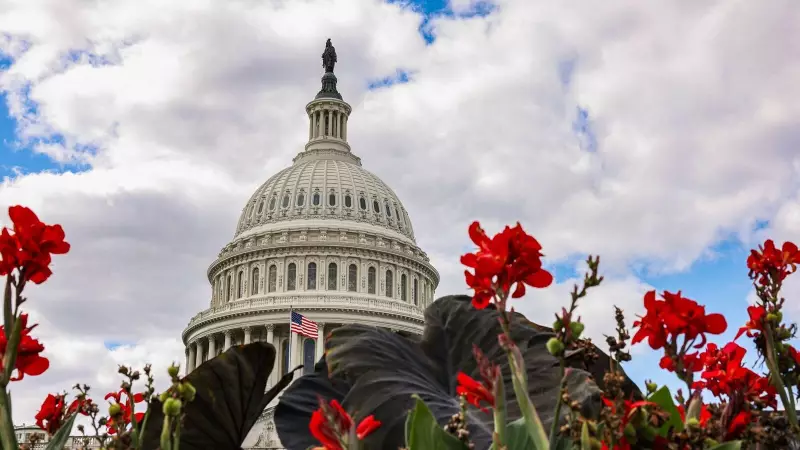
The United States finds itself in uncharted political territory as the partial government shutdown extends into its sixth consecutive week, becoming the longest in the nation's history. The political impasse shows no signs of resolution, with President Donald Trump now urging Republican senators to consider changing Senate rules to break the deadlock.
The core of the conflict remains the President's demand for $5.7 billion in funding for a US-Mexico border wall, a campaign promise that Democrats have consistently refused to support. This ideological standoff has left approximately 800,000 federal employees either working without pay or furloughed, creating financial hardship for families across the country.
Trump's Radical Proposal to Break the Deadlock
In a significant escalation of the political battle, President Trump has suggested that Senate Republicans should consider changing the chamber's longstanding rules to allow legislation to pass with a simple majority rather than the current 60-vote threshold. Such a move would represent a dramatic shift in how the Senate operates and could have far-reaching consequences for American governance.
The President's frustration was evident when he tweeted: "If the Democrats are going to say NO to all border security, which they are right now, the Senate must go to 51 votes and get it done!”
The Human Cost of Political Warfare
Behind the political rhetoric lies a growing humanitarian crisis:
- Federal workers are missing their second consecutive paycheck
- Essential services are being strained as employees work without compensation
- Airport security screeners and air traffic controllers are calling in sick at increasing rates
- Food stamp benefits face uncertainty if the shutdown continues into March
The situation has become so dire that the White House has acknowledged the shutdown could negatively impact economic growth, potentially reducing GDP by 0.5% if it continues through March.
Democratic Resistance and Republican Divisions
House Speaker Nancy Pelosi and Senate Minority Leader Chuck Schumer have remained steadfast in their opposition to wall funding. Pelosi has described the wall as "immoral" and "ineffective," while offering support for other border security measures.
Meanwhile, cracks are appearing within Republican ranks. Some GOP senators have expressed discomfort with the President's proposal to change Senate rules, recognizing that such a move could backfire when Democrats eventually regain control of the chamber.
As the shutdown enters its sixth week with no clear path to resolution, the political stakes continue to rise for all parties involved. The situation represents not just a policy disagreement but a fundamental test of American governance in an era of deep political polarization.





